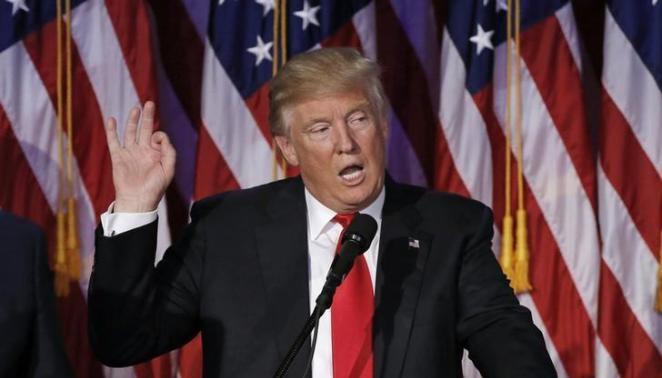U.S. sanctions top South Sudanese officials, ex-general

September 6, 2017 (WASHINGTON) – The United States administration has sanctioned on two senior South Sudanese government officials, a former military general and three South Sudanese companies for undermining peace, security, and stability in the war-torn country.
On Wednesday, the U.S. departments of State and Treasury announced penalties against South Sudan’s deputy defence chief, Malek Reuben, the information minister, Michael Makuei Lueth and the ex-military chief of staff, Paul Malong.
The sanctions, the U.S. Treasury undersecretary for terrorism and financial intelligence, Sigal Mandelker said, simply freezing any assets they may have in U.S. jurisdictions, banning them from travelling to the U.S and preventing Americans from doing business with them.
In addition, sanctions imposed by the U.S. affect three firms owned by Reuben. These include All Energy Investments, A+ Engineering, Electronics & Media Printing and Mak International Services.
The U.S Treasury Department, according to the statement, also issued a notice to banks warning that doing business with these South Sudanese officials and companies who are suspected of laundering money obtained through corruption may bring penalties.
“Treasury will forcefully respond to the atrocities ongoing in South Sudan by targeting those who abuse human rights, seek to derail the peace process, and obstruct reconciliation in South Sudan,” it adds.
John Prendergast, co-founder of The Sentry and Founding Director at the Enough Project, said actions taken by the U.S State Department are critical steps forward, but that much more needed to be done.
“Individual sanctions are inadequate in the face of the violent kleptocratic system that has been assembled under President [Salva] Kiir’s administration,” said Prendergast in a statement on Wednesday.
“The only way to impact the calculations of those doing irreparable damage to the world’s newest country is to impose network sanctions on the leadership of the government and rebels and their commercial collaborators, both domestic and international”, it adds.
The network sanctions, Prendergast said, should be combined with aggressive anti-money laundering initiatives to really undermine their ability to move illicit finances through the international banking system.
“No peace effort has a chance of succeeding until a serious cost has been imposed on those who are profiting from war both financially and politically,” he added.
Meanwhile, Debra LaPrevotte, a senior investigator at The Sentry said the action taken by the U.S. government is a welcome step to address the grand corruption The Sentry investigations have helped bring to light.
“The illicit financial dealings of those responsible for the suffering in South Sudan mirror the methods used by kleptocratic leaders in other countries, including places like Ukraine and Malaysia, where the U.S. government has helped to recover billions in stolen wealth,” said LaPrevotte.
“The Sentry will continue to follow the assets of South Sudanese leaders and work to ensure strong action is taken,” she added.
In July 2015, the United Nations Security Council imposed sanctions on six South Sudanese generals accused of fuelling conflict in the world’s youngest nation. The generals, three from each side of the conflict, were meant to face global travel bans and asset freezes.
In November 2016, the United States demanded the United Nations Security Council to impose sanctions on the then SPLA chief of staff Paul Malong and Information Minister Michael Makuei Lueth for hampering the peace process in South Sudan. The former First Vice President and SPLM-IO leader Riek Machar was also on the proposed list.
South Sudan’s civil war, now in its four-year, has killed tens of thousands of people and displaced more than two million people.
(ST)
